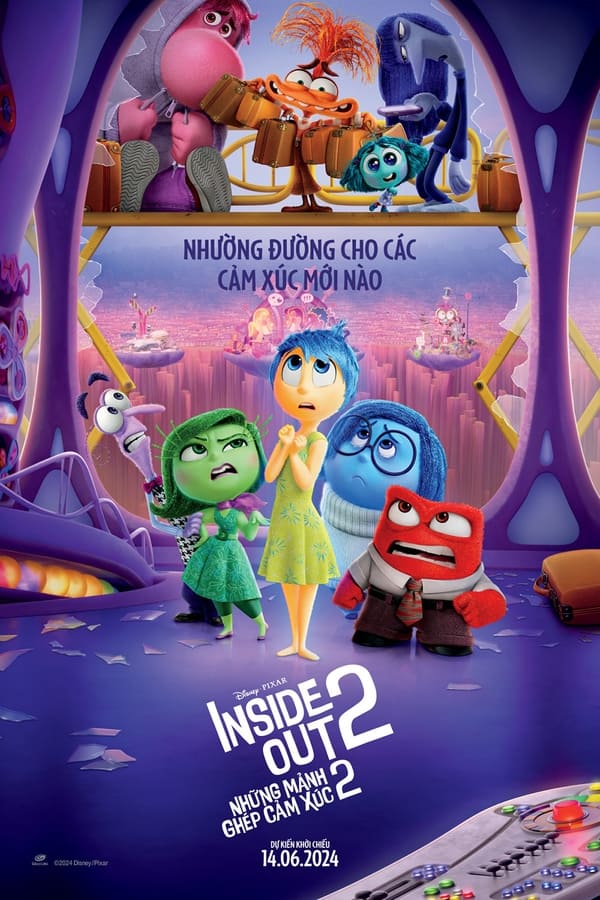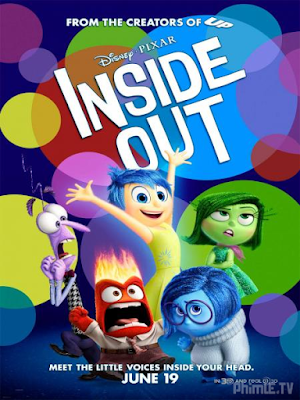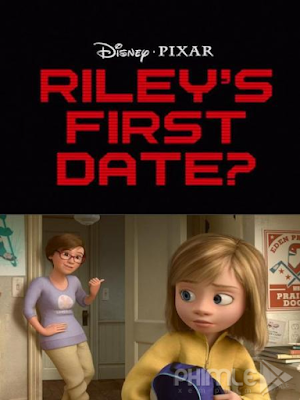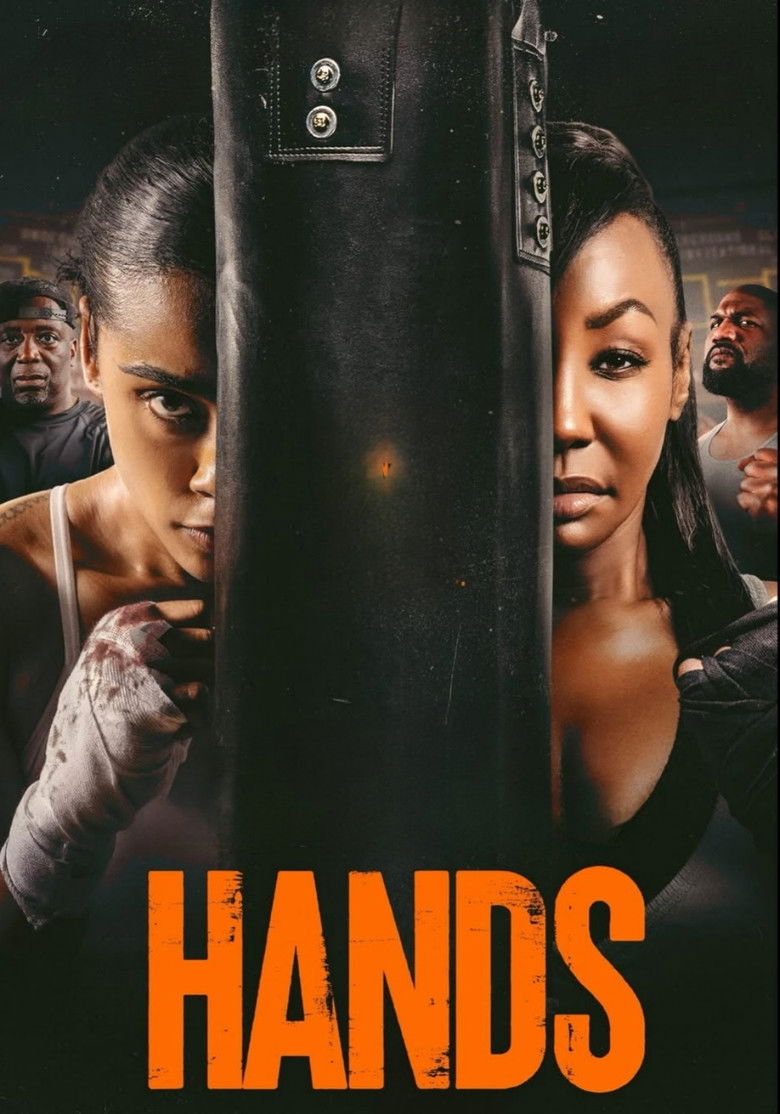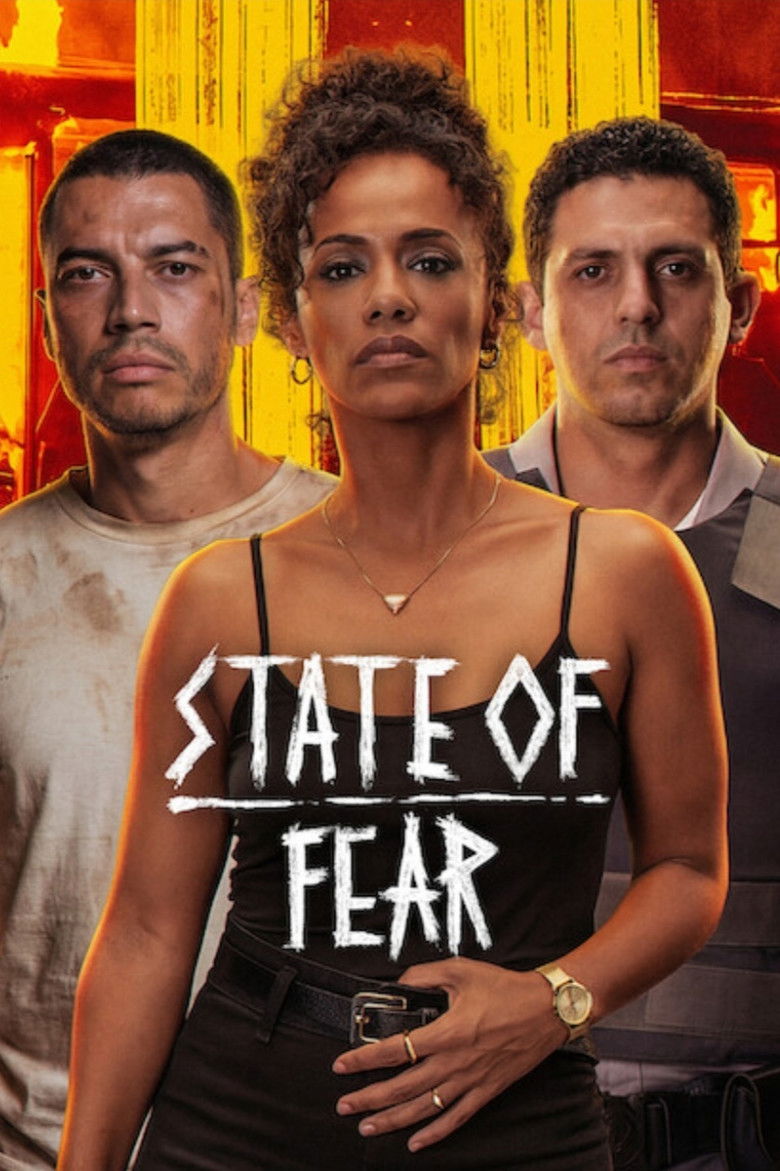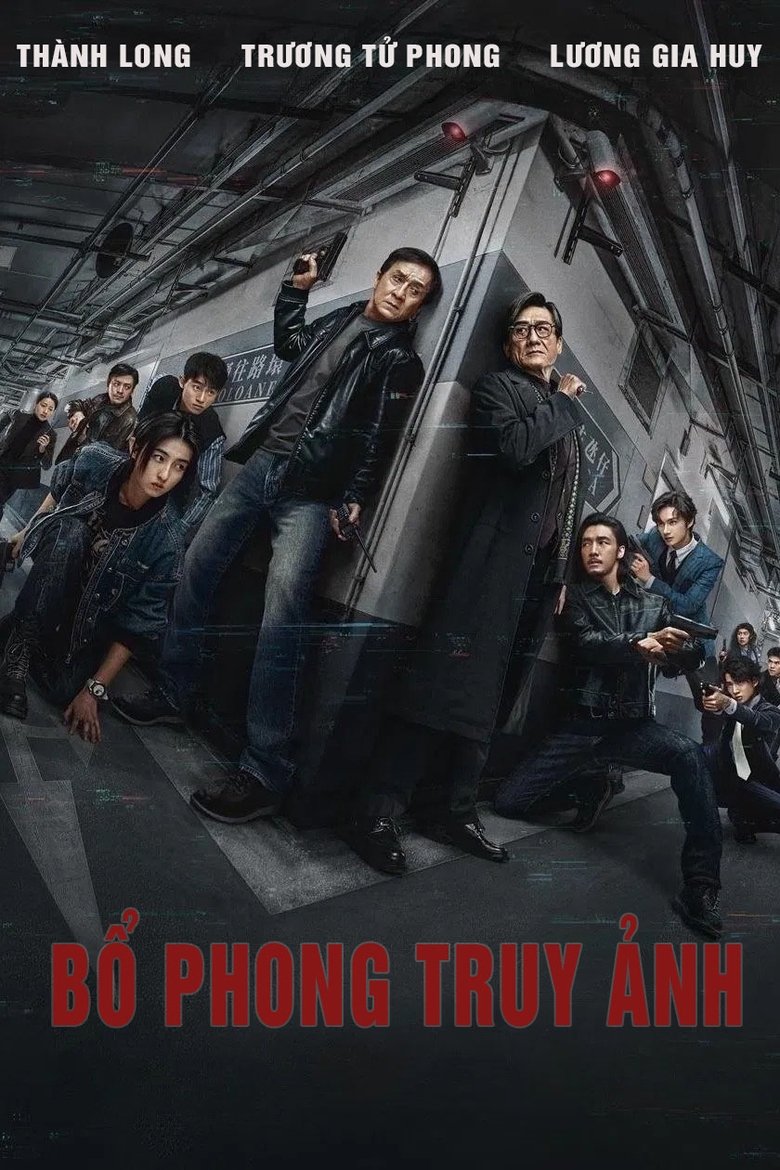It Lives Inside
Unearthing Cultural Demons in "It Lives Inside"
In the realm of cinema, where stories weave themselves into the tapestry of human experience, "It Lives Inside" emerges as a poignant exploration of identity, heritage, and the mystical forces that bind them. Directed with both finesse and conviction, this cinematic endeavor delves deep into the psyche of its characters while unearthing mythological demons that linger in the shadows.
Sam, our heroine, grapples with a universal struggle—acceptance. A desire to conform, to shed the skin of her Indian culture and embrace the mainstream, courses through her veins. In a society where the pull of assimilation often tugs at the heartstrings, Sam's narrative is a timeless allegory. The creators ingeniously portray this tension between cultural roots and contemporary aspirations, a strife that many of us navigate.
As we traverse the labyrinthine corridors of Sam's life, we are enticed by the delicate threads that connect her with her former best friend. But these threads are not just the bonds of friendship; they are tendrils of a malevolent spirit, a demon of mythic proportions. It is here that the film becomes an intricately woven tapestry of emotions, cultural heritage, and supeatural menace. The juxtaposition of the tangible and the ethereal is masterfully presented, evoking an ever-tightening grip on the audience's imagination.
The demon's relentless pursuit of Sam's friend serves as an apt metaphor—an embodiment of the cultural baggage we often struggle to escape. As Sam confronts this demonic specter, the lines between her personal jouey and a grander narrative blur, leading us to ponder our own connections with the past. The pacing of the film mirrors the pendulum of inner conflict, a rhythmic cadence that mirrors the beat of Sam's heart.
The brilliance of "It Lives Inside" lies in its uncanny ability to fuse the supeatural with the intimately human. The supeatural is not just an otherworldly spectacle; it is a mirror reflecting our innermost doubts, fears, and desires. In the same breath, the film embraces the mythic, invoking tales passed down through generations. This is a story where cultural heritage and ancestral wisdom are not merely relics of the past, but living entities that shape our destinies.
The cinematography, a tapestry of light and shadow, effortlessly dances between the mundane and the mystical. The world of "It Lives Inside" is painted in shades of ambiguity—where reality and illusion intermingle. Every frame is a window into the characters' souls, a visual representation of their emotional odyssey. The film's soundscape further amplifies this ethereal ambiance, the haunting melodies echoing the inteal battles fought by its protagonists.
The heart of the film is Sam, portrayed with remarkable depth by a gifted cast. We witness her transformation from a girl to between her cultural identity and societal pressures to a warrior ready to confront her past. Her jouey is an anthem for embracing one's roots, for honoring the myriad stories that culminate within us. The supporting cast lends impeccable gravitas, creating a symphony of performances that elevates the film to a realm of cinematic brilliance.
In the spirit of Pauline Kael's scrutiny, "It Lives Inside" does not come without its imperfections. There are moments when the narrative, much like the demons it portrays, veers slightly off course. Some scenes, while attempting to weave complex threads, may leave the audience momentarily disoriented. However, these instances are mere blips in a sea of narrative brilliance, adding texture to the overall experience.
In conclusion, "It Lives Inside" emerges as an audacious endeavor—a tapestry woven with themes that transcend cultural boundaries. It invites us to peer into the depths of our souls, to confront the demons that reside within us, both real and metaphorical. This cinematic symphony embraces our shared human experiences while celebrating the diverse strains that compose our identities. In a world where cultural clashes and the quest for acceptance reign supreme, this film serves as a timeless reminder—a beacon that guides us toward understanding, forgiveness, and ultimately, self-acceptance.

It Lives Inside
-
Status:
- Trailer - Multi-Subtitles
- Bishal Dutta, Ashish Mehta
Directors: Bishal Dutta
Actors: Megan Suri, Neeru Bajwa, Mohana Krishnan, Betty Gabriel, Vik Sahay, Gage Marsh, Jamie Ives, Siddhartha Minhas, Saisha Muni, Paige Shaw, Sangeeta Wylie, Carlo Yu
Genres: New Movies, Horror, Thriller,
Country: U.S,
Time: 1 hours 39 minutes
Release Year: 2023
Productors:
Unearthing Cultural Demons in "It Lives Inside"
In the realm of cinema, where stories weave themselves into the tapestry of human experience, "It Lives Inside" emerges as a poignant exploration of identity, heritage, and the mystical forces that bind them. Directed with both finesse and conviction, this cinematic endeavor delves deep into the psyche of its characters while unearthing mythological demons that linger in the shadows.
Sam, our heroine, grapples with a universal struggle—acceptance. A desire to conform, to shed the skin of her Indian culture and embrace the mainstream, courses through her veins. In a society where the pull of assimilation often tugs at the heartstrings, Sam's narrative is a timeless allegory. The creators ingeniously portray this tension between cultural roots and contemporary aspirations, a strife that many of us navigate.
As we traverse the labyrinthine corridors of Sam's life, we are enticed by the delicate threads that connect her with her former best friend. But these threads are not just the bonds of friendship; they are tendrils of a malevolent spirit, a demon of mythic proportions. It is here that the film becomes an intricately woven tapestry of emotions, cultural heritage, and supeatural menace. The juxtaposition of the tangible and the ethereal is masterfully presented, evoking an ever-tightening grip on the audience's imagination.
The demon's relentless pursuit of Sam's friend serves as an apt metaphor—an embodiment of the cultural baggage we often struggle to escape. As Sam confronts this demonic specter, the lines between her personal jouey and a grander narrative blur, leading us to ponder our own connections with the past. The pacing of the film mirrors the pendulum of inner conflict, a rhythmic cadence that mirrors the beat of Sam's heart.
The brilliance of "It Lives Inside" lies in its uncanny ability to fuse the supeatural with the intimately human. The supeatural is not just an otherworldly spectacle; it is a mirror reflecting our innermost doubts, fears, and desires. In the same breath, the film embraces the mythic, invoking tales passed down through generations. This is a story where cultural heritage and ancestral wisdom are not merely relics of the past, but living entities that shape our destinies.
The cinematography, a tapestry of light and shadow, effortlessly dances between the mundane and the mystical. The world of "It Lives Inside" is painted in shades of ambiguity—where reality and illusion intermingle. Every frame is a window into the characters' souls, a visual representation of their emotional odyssey. The film's soundscape further amplifies this ethereal ambiance, the haunting melodies echoing the inteal battles fought by its protagonists.
The heart of the film is Sam, portrayed with remarkable depth by a gifted cast. We witness her transformation from a girl to between her cultural identity and societal pressures to a warrior ready to confront her past. Her jouey is an anthem for embracing one's roots, for honoring the myriad stories that culminate within us. The supporting cast lends impeccable gravitas, creating a symphony of performances that elevates the film to a realm of cinematic brilliance.
In the spirit of Pauline Kael's scrutiny, "It Lives Inside" does not come without its imperfections. There are moments when the narrative, much like the demons it portrays, veers slightly off course. Some scenes, while attempting to weave complex threads, may leave the audience momentarily disoriented. However, these instances are mere blips in a sea of narrative brilliance, adding texture to the overall experience.
In conclusion, "It Lives Inside" emerges as an audacious endeavor—a tapestry woven with themes that transcend cultural boundaries. It invites us to peer into the depths of our souls, to confront the demons that reside within us, both real and metaphorical. This cinematic symphony embraces our shared human experiences while celebrating the diverse strains that compose our identities. In a world where cultural clashes and the quest for acceptance reign supreme, this film serves as a timeless reminder—a beacon that guides us toward understanding, forgiveness, and ultimately, self-acceptance.




